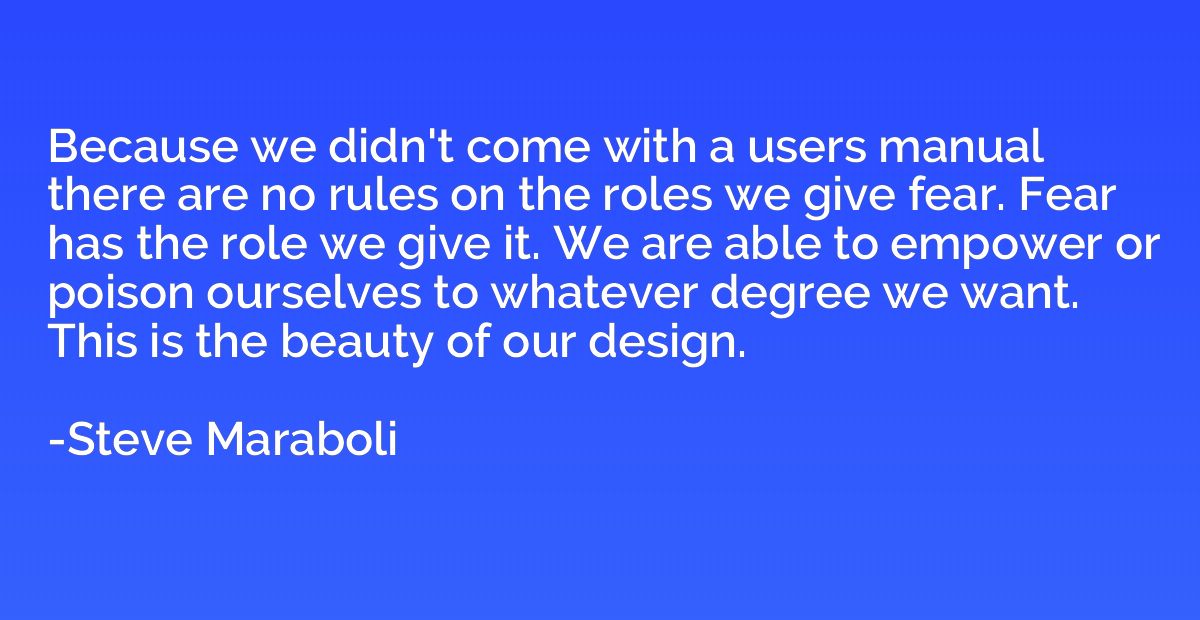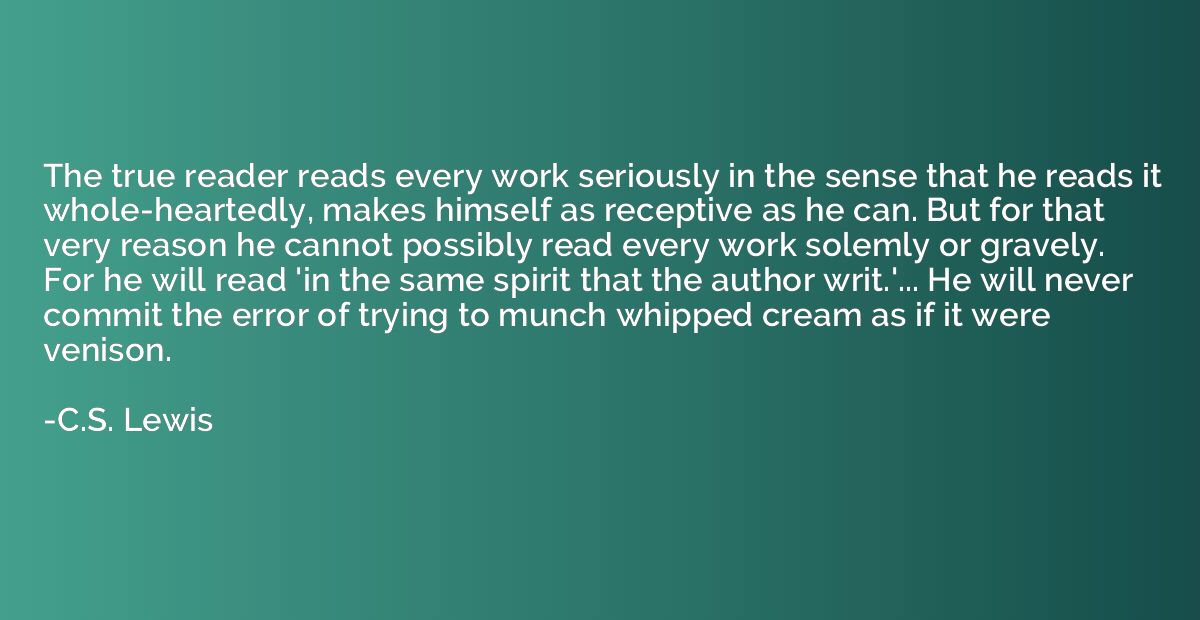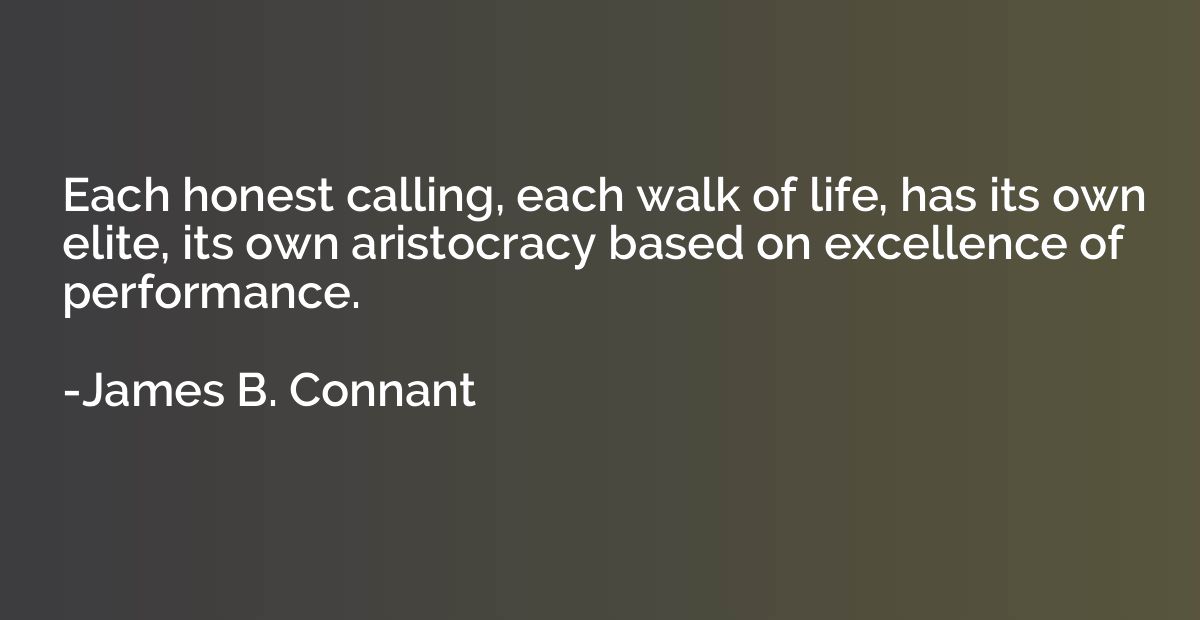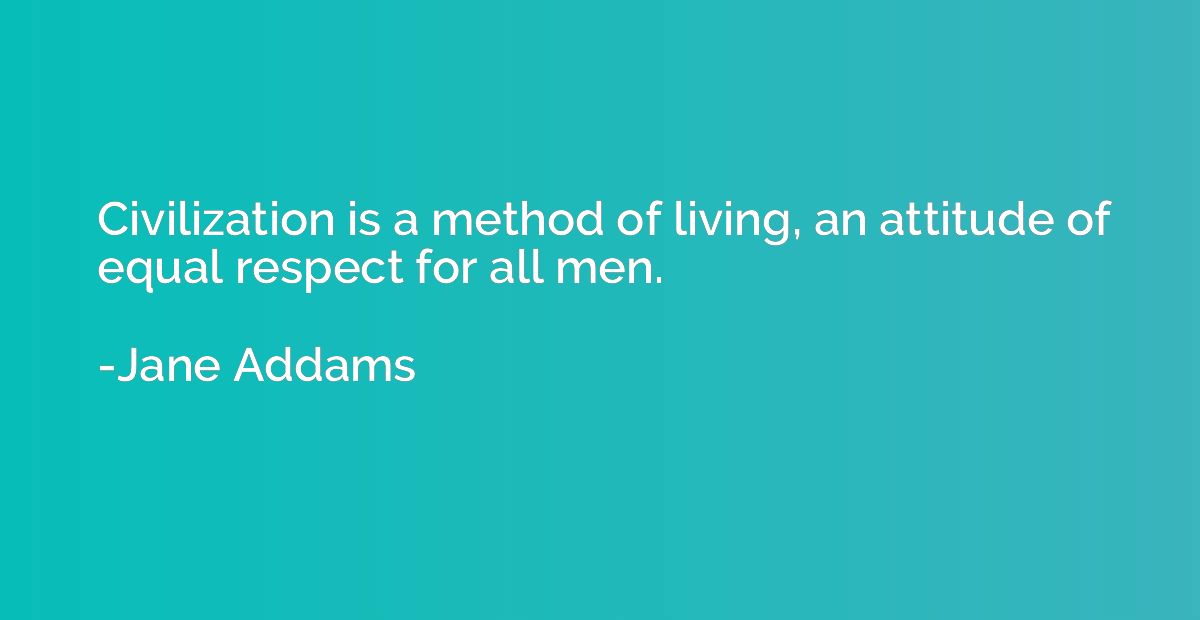Quote by Pierre Charron
The most excellent and divine counsel, the best and most profitable advertisement of all others, but the least practiced, is to study and learn how to know ourselves. This is the foundation of wisdom and the highway to whatever is good. God, Nature, the wise, the world, preach man, exhort him both by word and deed to the study of himself.
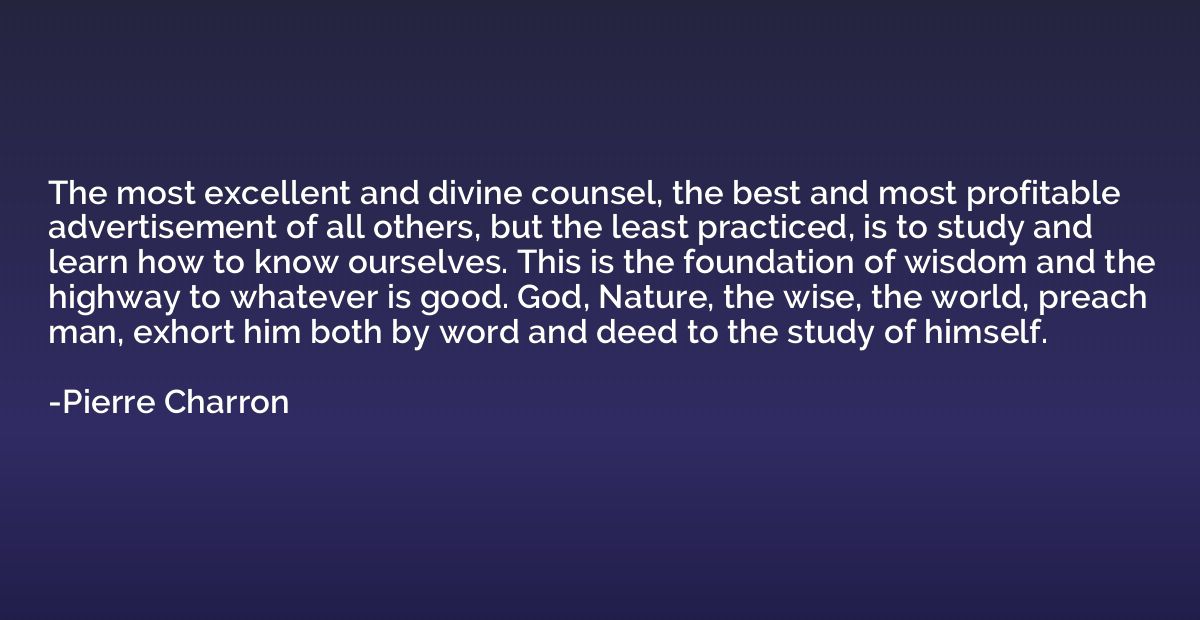
Summary
This quote emphasizes the importance of self-reflection and self-awareness. It suggests that the best advice, although not often followed, is to study and understand ourselves. By doing so, we lay the groundwork for wisdom and open ourselves to a greater understanding of what is good in life. The quote suggests that various sources, such as God, Nature, wise individuals, and the world, all urge us to examine ourselves. Ultimately, it highlights self-knowledge as the key to self-improvement and a fulfilling life.



